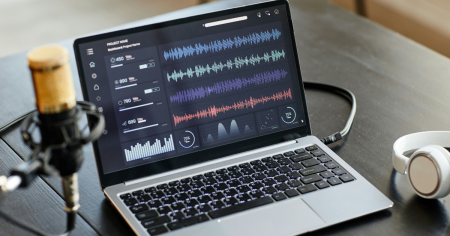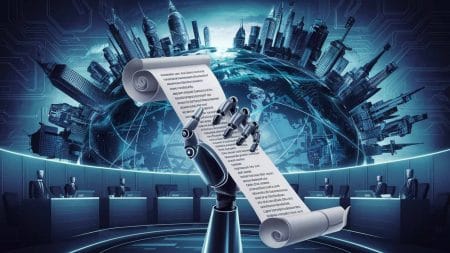Artificial intelligence may soon help food companies predict which flavors and textures will succeed with consumers, said AI expert and former Google DeepMind executive Steve Brown at the recent IFT First conference in Chicago.
Brown noted that 80% of new food products fail. But with AI, “what if you could predict whether a formulation was going to be something consumers would love?” he asked.
One example he gave was an AI system used in wine blending. The platform predicts optimal combinations of grape varietals to ensure consistency year-to-year and maps consumer taste preferences across U.S. regions, helping winemakers target specific markets.
This AI-powered flavor forecasting could also apply to other products like soups, yogurts, and soft foods, where consistency and consumer appeal are critical.
In a separate session on food safety, experts discussed how human error remains a leading cause of food recalls. While AI-enabled robots – known as “cobots” – are already working alongside humans in factories, experts agreed fully autonomous production is still years away.
“I’m hoping 10 years from now we have robots running the plant,” said Gang Jiang of Food Safety Global, “but we’re not there yet.” Until then, he emphasized, frontline workers remain crucial to maintaining safety standards.
Both Jiang and Brown said the most effective use of AI in food manufacturing will be as a collaborative tool – one that augments, rather than replaces, human capabilities.





